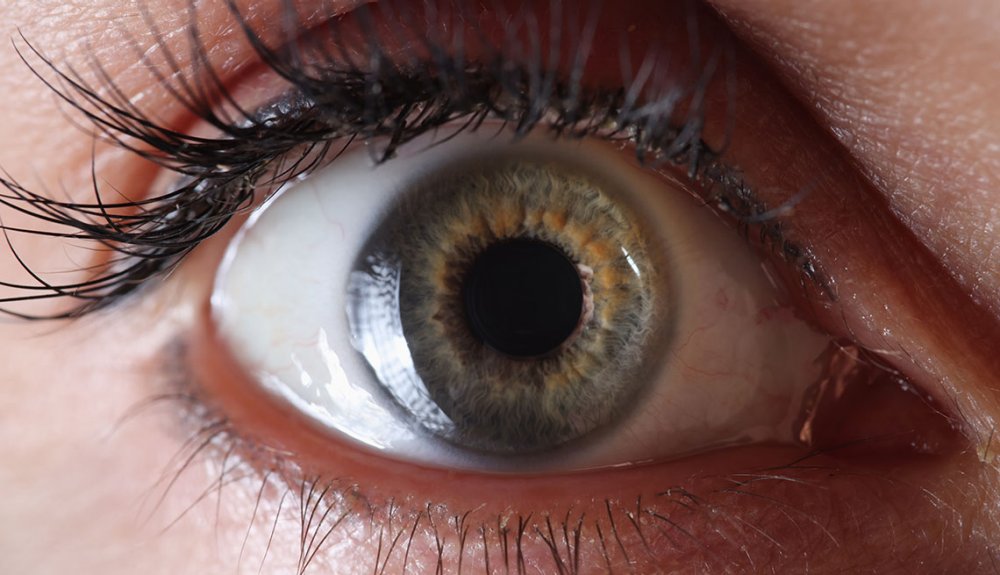All Categories
Featured
Low vision is a condition that substantially influences everyday activities like analysis, driving, or identifying faces, despite having restorative lenses. For people encountering such obstacles, reduced vision recovery uses a path to restore self-reliance and boost top quality of life. Let's look into the available choices for low vision recovery and just how they assist people navigate the world extra confidently.
Understanding Reduced Vision Recovery
Reduced vision rehab is a customized service designed to optimize the practical capabilities of people with permanent vision disability. This multidisciplinary approach includes evaluations, training, and devices tailored to every person's one-of-a-kind needs. The goal is to encourage people by enhancing their staying vision and mentor approaches to adjust to their setting.
Secret Options in Low Vision Rehabilitation
Comprehensive Eye Exams
A low vision expert performs thorough evaluations to recognize the degree of vision loss and determine suitable treatments. These assessments focus on identifying the individual's visual acuity, outer vision, and light sensitivity.
Assistive Devices and Innovation
A large range of devices and modern technologies are readily available to help individuals with reduced vision:
Magnifiers: Handheld, stand-mounted, or digital magnifiers help enlarge text or images.
Telescopic Lenses: Useful for distance watching, such as enjoying television or analysis street indications.
Display Viewers: Software application that reads aloud the message on a screen, helping those who deal with reading.
CCTV Solutions: Closed-circuit tvs magnify published material or items for easier viewing.
![]()
Smartphone Applications: Apps like Be My Eyes or Seeing AI provide real-time help and descriptions of surroundings.
Educating Programs
Vision recovery consists of training to optimize the use of remaining vision and adapt to new tools:
Orientation and Movement Training: Helps individuals browse unknown areas and use canes or overview canines properly.
Daily Living Abilities: Educates techniques for food preparation, brushing, and other day-to-day tasks with limited vision.
Visual Skills Educating: Entails exercises to strengthen field of vision or boost emphasis.
Environmental Alterations
Adjusting the home or work environment can substantially enhance self-reliance:
Mounting brighter lights and contrasting colors.
Adding responsive markers to devices.
Arranging furniture to create clear paths and lower barriers.
Therapy and Psychological Support
Vision loss can be mentally difficult. Support teams and therapy solutions assist individuals manage the emotional impact and develop strength.
Who Offers Reduced Vision Recovery?
Reduced vision recovery solutions are supplied by:
Reduced Vision Specialists: Eye doctors or eye doctors with extra training.
Work Specialists: Experts who concentrate on improving day-to-day functioning.
Rehab Therapist: Professionals who help with psychological and emotional assistance.
![]()
Final Thought
Reduced vision recovery is a lifeline for those dealing with significant vision loss. With the right devices, training, and assistance, individuals can lead fulfilling and independent lives. Whether it's through advanced technologies, customized training programs, or emotional guidance, the choices readily available today make certain that no person has to face reduced vision alone. Take into consideration getting to out to a low vision specialist to explore these transformative recovery services. if you or a loved one is experiencing vision challenges.
Understanding Reduced Vision Recovery
Reduced vision rehab is a customized service designed to optimize the practical capabilities of people with permanent vision disability. This multidisciplinary approach includes evaluations, training, and devices tailored to every person's one-of-a-kind needs. The goal is to encourage people by enhancing their staying vision and mentor approaches to adjust to their setting.
Secret Options in Low Vision Rehabilitation
Comprehensive Eye Exams
A low vision expert performs thorough evaluations to recognize the degree of vision loss and determine suitable treatments. These assessments focus on identifying the individual's visual acuity, outer vision, and light sensitivity.
Assistive Devices and Innovation
A large range of devices and modern technologies are readily available to help individuals with reduced vision:
Magnifiers: Handheld, stand-mounted, or digital magnifiers help enlarge text or images.
Telescopic Lenses: Useful for distance watching, such as enjoying television or analysis street indications.
Display Viewers: Software application that reads aloud the message on a screen, helping those who deal with reading.
CCTV Solutions: Closed-circuit tvs magnify published material or items for easier viewing.

Smartphone Applications: Apps like Be My Eyes or Seeing AI provide real-time help and descriptions of surroundings.
Educating Programs
Vision recovery consists of training to optimize the use of remaining vision and adapt to new tools:
Orientation and Movement Training: Helps individuals browse unknown areas and use canes or overview canines properly.
Daily Living Abilities: Educates techniques for food preparation, brushing, and other day-to-day tasks with limited vision.
Visual Skills Educating: Entails exercises to strengthen field of vision or boost emphasis.
Environmental Alterations
Adjusting the home or work environment can substantially enhance self-reliance:
Mounting brighter lights and contrasting colors.
Adding responsive markers to devices.
Arranging furniture to create clear paths and lower barriers.
Therapy and Psychological Support
Vision loss can be mentally difficult. Support teams and therapy solutions assist individuals manage the emotional impact and develop strength.
Who Offers Reduced Vision Recovery?
Reduced vision recovery solutions are supplied by:
Reduced Vision Specialists: Eye doctors or eye doctors with extra training.
Work Specialists: Experts who concentrate on improving day-to-day functioning.
Rehab Therapist: Professionals who help with psychological and emotional assistance.

Final Thought
Reduced vision recovery is a lifeline for those dealing with significant vision loss. With the right devices, training, and assistance, individuals can lead fulfilling and independent lives. Whether it's through advanced technologies, customized training programs, or emotional guidance, the choices readily available today make certain that no person has to face reduced vision alone. Take into consideration getting to out to a low vision specialist to explore these transformative recovery services. if you or a loved one is experiencing vision challenges.
Latest Posts
Canyon Crest Wedding Catering-- Perfect Menus for each Event
Published Feb 02, 25
4 min read
Experience Quality Craftsmanship with Idaho Fence
Published Feb 02, 25
1 min read
Superior Fencing Options All in One Place
Published Feb 02, 25
1 min read